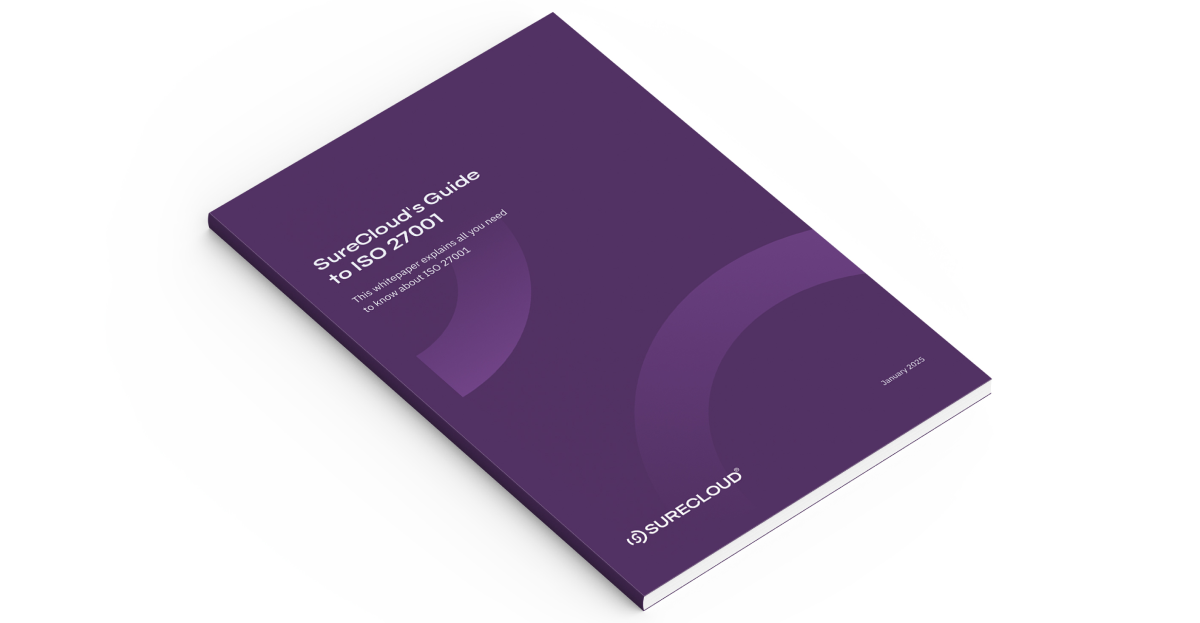Demystifying ISO 27001
ISO 27001 is an internationally recognized standard that defines best practices for implementing, maintaining, and continuously improving an Information Security Management System (ISMS). An ISMS is a comprehensive framework of policies, procedures, and controls designed to safeguard the confidentiality, integrity, and availability of an organization’s information assets.
Originating from the British Standard BS 7799, ISO 27001 was established as a global benchmark by the International Organization for Standardization (ISO) in 2005. Over the years, the standard has been updated to address evolving cybersecurity challenges, with the latest version released in 2022. The 2022 update restructured Annex A controls, streamlining them from 114 to 93 across four domains: organizational, people, physical, and technological controls.
By adopting ISO 27001, organizations can not only protect sensitive data but also demonstrate compliance with legal requirements and build trust among customers and stakeholders.
Why Consider ISO 27001?
Achieving ISO 27001 certification offers a multitude of benefits that go beyond compliance:
-
Competitive Advantage: Certification showcases your commitment to robust information security, setting your business apart from competitors and positioning you as a trusted partner.
-
Proactive Cybersecurity Management: The structured approach of ISO 27001 helps mitigate risks from sophisticated threats such as ransomware, phishing, and insider attacks.
-
Customer Trust and Loyalty: By demonstrating a serious commitment to information security, ISO 27001 certification builds confidence among customers, partners, and stakeholders, fostering long-term relationships.
-
Cost Savings: Early identification and mitigation of security risks can help avoid regulatory fines, data breaches, and the costs associated with implementing reactive measures.
-
Improved Operational Efficiency: The standard streamlines organizational processes by clearly defining roles and responsibilities, reducing confusion, and enabling teams to focus on strategic objectives.
Common Challenges to Achieving ISO 27001 Certification
-
Resource Constraints: Smaller businesses often struggle with the time, effort, and financial investment required to implement and maintain an ISMS. Automation tools and a well-defined scope can help optimize resources.
-
Employee Awareness: A lack of understanding or commitment to security protocols among employees can hinder progress. Establishing a risk-aware culture through leadership support and ongoing training is essential.
-
Complex Risk Management: Identifying and addressing all relevant risks requires thorough involvement from key stakeholders and robust methodologies, which can be time-consuming and complex.
Key Pillars of ISO 27001
AI technology brings immense opportunities, but it also introduces risks. Compliance with the EU AI Act is essential for several reasons:
-
Leadership Commitment: Top management plays a critical role in fostering a security-conscious culture and ensuring alignment of the ISMS with organizational objectives.
-
Risk Management: A systematic approach to identifying, evaluating, and addressing risks ensures that vulnerabilities are effectively mitigated.
-
Operational Integration: Embedding security into daily operations ensures that risks are addressed proactively and systematically.
-
Continuous Improvement: Regular audits, performance evaluations, and updates to the ISMS help organizations adapt to new challenges and maintain compliance.
-
Comprehensive Controls: Annex A provides 93 controls across four domains:
-
Organizational Controls: Policies and processes that guide the overall approach to information security.
-
People Controls: Measures such as training and background checks to ensure personnel understand and adhere to security practices.
-
Physical Controls: Safeguards for physical assets, including access controls and secure disposal of information.
-
Technological Controls: Security measures for IT infrastructure, including encryption, network security, and identity management.
-
Preparing early for compliance ensures organizations stay ahead of the curve and avoid costly disruptions.

How SureCloud Can Help
Achieving ISO 27001 certification doesn’t have to be overwhelming. SureCloud’s Integrated GRC (Governance, Risk, and Compliance) platform simplifies the process, offering:
SureCloud’s platform ensures that your business is not only compliant but also resilient, providing peace of mind in a complex and ever-changing digital world.
-
Centralized ISMS Management: Manage policies, controls, and audits in a single platform, reducing manual effort and ensuring compliance.
-
Automated Risk Assessment: Identify, assess, and prioritize risks efficiently with real-time insights, enabling you to focus on critical areas.
-
Streamlined Audits: Tools for internal and external audits simplify the process of demonstrating compliance to certification bodies.
-
Continuous Monitoring: SureCloud’s Continuous Control Monitoring ensures your controls remain effective, enabling proactive management of incidents and improvements.
SureCloud’s platform integrates seamlessly with existing GRC frameworks, enabling organizations to confidently meet regulatory requirements while focusing on innovation.
Download the Full Whitepaper
For an in-depth exploration of ISO 27001, including detailed guidance on certification processes, best practices, and real-world case studies, download SureCloud’s comprehensive whitepaper. Discover how you can achieve compliance efficiently while strengthening your organization’s security posture.
Download the ISO 27001 Whitepaper Now
Stay ahead of the compliance curve and ensure your organization’s digital operational resilience today!
Stay in the know with SureCloud
Want to keep your fingers on the pulse of the information security world? Subscribe to the SureCloud newsletter and get the latest news, resources and insights – straight to your inbox.


